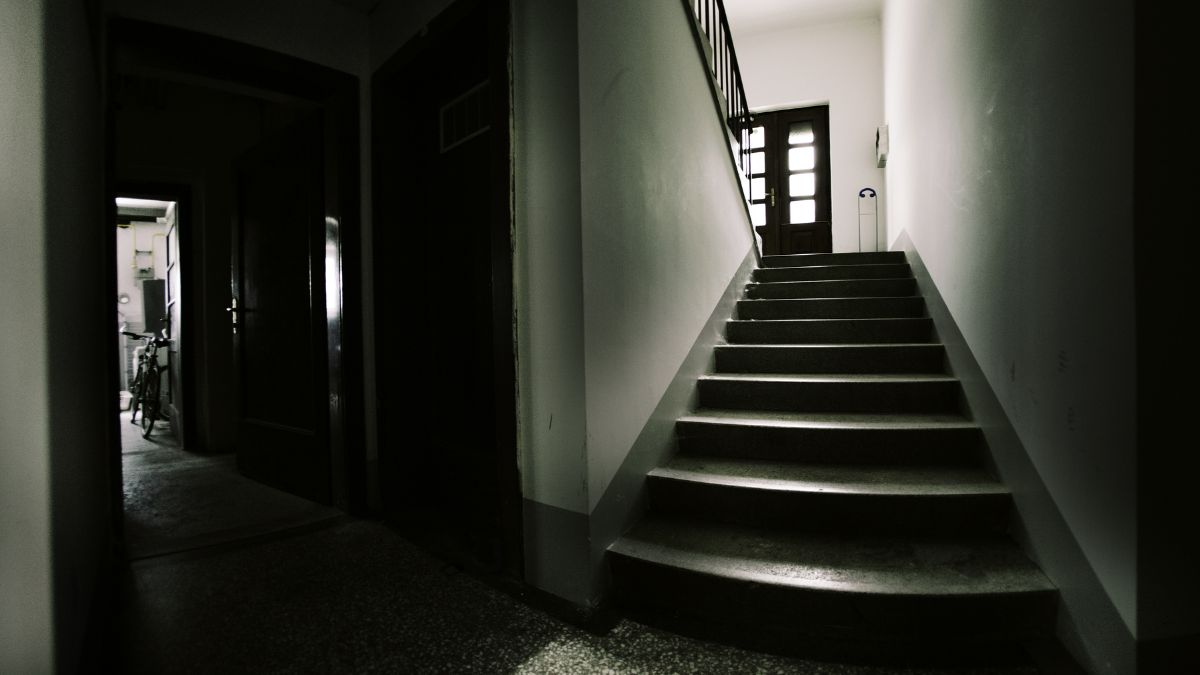Mold is a prevalent issue in many households. Given the right conditions, unfortunately, mold can spread to other areas of the home. Once the mold spores are carried to the rest of the residence, they begin to grow in places that have damp conditions. The trouble is that it’s not easily detected, so the problem may worsen before it becomes apparent. Mold can grow anywhere, provided the right conditions persist. So, a damp basement can affect the upstairs. You must be vigilant and solve the mold issue while it is still in the basement.
How Mold Travels Upstairs
Mold in the basement can affect the upstairs parts of the house via air ducts. Spores, microscopic seeds, are carried by air currents and can circulate to other areas of the house via the HVAC ducts. It also happens when warm air rises, so they are carried to the upper parts of the house. Spores can also attach themselves to clothing, skin, or shoes. Therefore, traffic in and out of the basement likely carries the spores to other parts of the house. These spores will germinate if they find suitable conditions in the different areas.
Safety Considerations When You Have Mold in the Basement
Considering how quickly mold can spread to other places in the house, you must know about the potential health implications. Mold may cause adverse reactions to people and their pets, including skin rashes, allergic reactions, or other respiratory issues. So, if there is mold in the basement, it would be advisable to have it removed immediately. Most people fear black mold because of the assumption it can cause cancer or likely kill. However, most species of mold are harmful to humans. Unchecked mold growth can also cause damage to the home, as it breaks down drywall and wood.
How to Remove Mold From Your Basement
Mold on basement walls must be preempted before it can spread to other areas of the house. Rather than doing the work yourself, call in mold removal specialists to deal with it. These professionals can identify and correct the source immediately. First, they assess the damage by checking all rooms in the house. Hopefully, if still limited to the basement, they will seal the cracks in the foundation and any holes. If only the mold is removed, but the moisture is ignored, there is a high likelihood it will come back.
Moldy walls, studs, plumbing, and floors are all treated. The HVAC air filters and ducts would have to be replaced and insulated to prevent any future growth. The mold removal specialists can advise on any further action depending on the situation.
Call in the Experts Right Away
Mold cleaning is about prevention, so begin by limiting moisture from the basement. If you have a mold problem and would like to arrange an inspection of your crawlspaces or basement, contact Mold-B-Gone, your mold specialists in Atlanta. Call us today for a consultation and quote.

